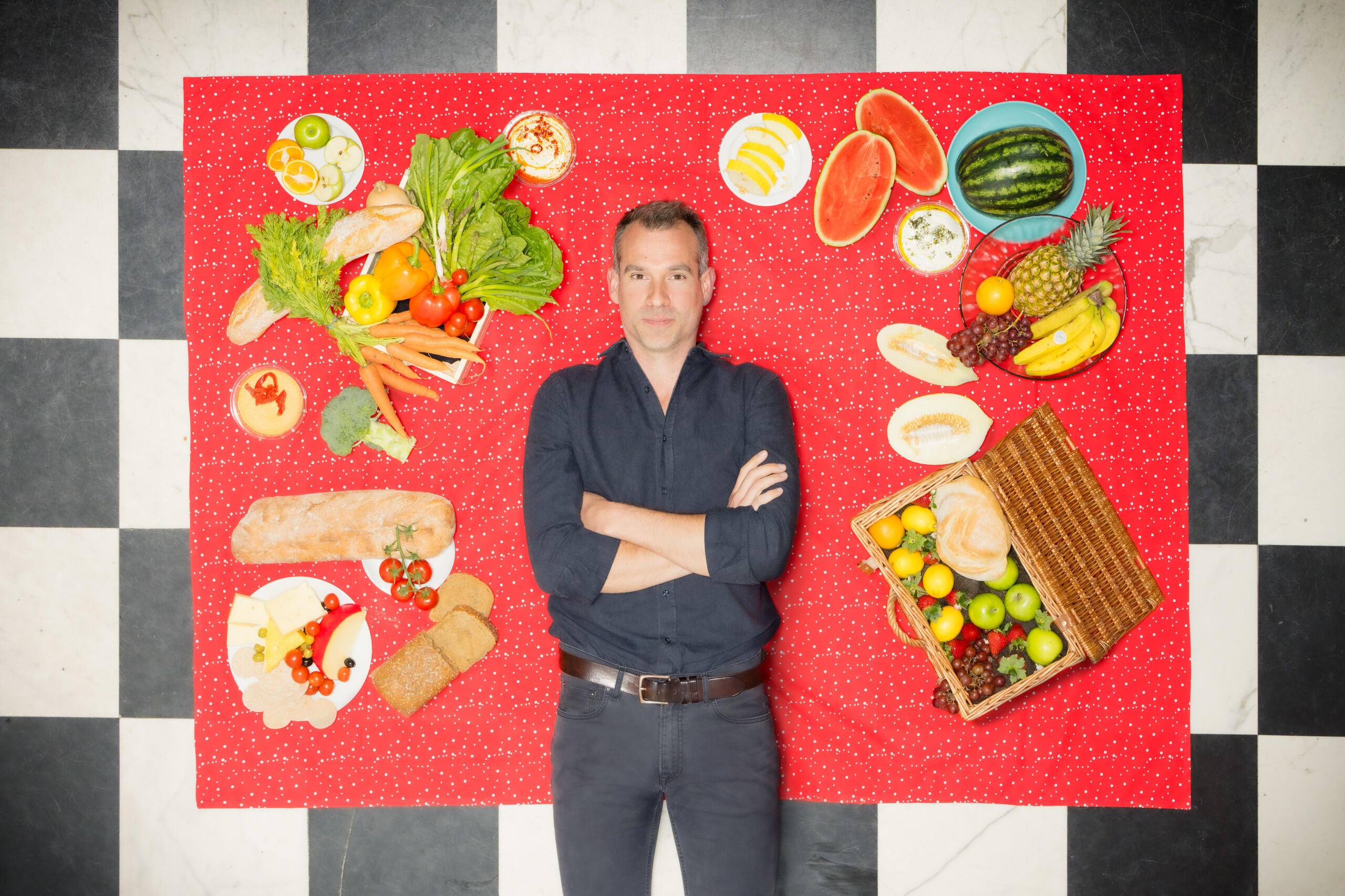Your help helps us to inform the story
From reproductive rights to local weather change to Massive Tech, The Unbiased is on the bottom when the story is creating. Whether or not it is investigating the financials of Elon Musk’s pro-Trump PAC or producing our newest documentary, ‘The A Phrase’, which shines a light-weight on the American girls preventing for reproductive rights, we all know how essential it’s to parse out the information from the messaging.
At such a important second in US historical past, we want reporters on the bottom. Your donation permits us to maintain sending journalists to talk to either side of the story.
The Unbiased is trusted by Individuals throughout all the political spectrum. And in contrast to many different high quality information retailers, we select to not lock Individuals out of our reporting and evaluation with paywalls. We consider high quality journalism ought to be obtainable to everybody, paid for by those that can afford it.
Your help makes all of the distinction.
Meals is among the most essential issues in life – but few of us perceive precisely the way it sustains us.
We all know it goes in a single finish and comes out very in a different way on the different, however what goes on in between is a thriller to many. And meals scientist Dr Chris van Tulleken hopes to assist change that a bit.
The TV science presenter – who’s fronted exhibits together with BBC Two’s current Irresistible: Why We Can’t Cease Consuming, and is the creator of the best-selling guide Extremely-Processed Individuals – will reveal how what we eat can have a large impact on each our our bodies and our brains by way of The Fact About Meals programme, as a part of BBC 4’s Royal Establishment Christmas Lectures for kids.
And he’ll convey science to life by way of the lectures’ trademark demos and self-experimentation – together with taking younger viewers on a journey to the centre of his intestine by swallowing a camera-pill to unpack each step of the digestion course of.
“We’re going to make use of cameras to get views contained in the human physique, and do plenty of massive experiments with youngsters about how the intestine works and the way your physique breaks down and destroys meals,” says van Tulleken.
“And for some demonstrations, we shrink kids right down to the dimensions of atoms and present precisely what’s occurring inside cells and inside engines at an atomic stage.”
The presenter, who’s additionally a practising NHS infectious ailments physician on the Hospital for Tropical Illnesses in London, stresses that the purpose of his lectures isn’t significantly to get kids to alter what they eat.
“That’s not my ambition,” he insists. “We actually aren’t going to offer anybody any recommendation – what we would like is to offer them data. Even when a baby needs to eat completely different meals, they don’t have plenty of management over it – they’re fed by the grown-ups who take care of them. So we’re treading a really cautious line right here.
“Life is about turning meals into actions and respiration and all the opposite issues life does, and I believe youngsters are profoundly interested in it.”

However their curiosity isn’t the one purpose van Tulleken, who has three kids aged seven, 4 and 9 months, needs children to know extra about how meals impacts their physique. He stresses: “Youngsters on this nation have been made very sick by our meals system – 1 / 4 of them reside with diet-related illness, which is an obscenity.
“So kids have a proper to information and good well being, and a part of these lectures is about serving to them perceive how the meals they put of their our bodies impacts them.”
He explains that whereas kids ought to know that after they don’t eat fibre, for instance, they might find yourself constipated, he’s not going to inform them what they need to and shouldn’t be consuming.
“We’re not going to say it’s a must to eat 5 parts of fruit and veg a day, and we wish to be very cautious warning about ultra-processed meals (UPF). However we’re going to have a look at the science of it, and the confirmed results on the physique,” he explains.
He insists that he’ll “by no means, ever give recommendation – I refuse to do it,” as a result of he’s a meals scientist, not a certified nutritionist or dietitian, and factors out: “For those who give recommendation, it’s actually onerous for folks to observe.”
He says it’s onerous for folks to do away with all UPFs of their kids’s food plan, and admits that even his kids eat wholegrain UPF bread of their packed lunches, explaining: “Until you make the bread your self, or reside close to a bakery that sells actual bread – which is as much as 10 occasions costlier than grocery store bread – it’s very onerous to do away with the ultimate little bit of UPF. So, no-one ought to panic – no-one’s saying you have to give up it fully.”
His kids don’t have smooth drinks with their packed lunch, and drink milk or water. “That’s most likely probably the most agreed on little bit of well being recommendation there’s, that kids ought to drink milk or water, not smooth drinks,” he says.
“In case your youngsters love smooth drinks and also you wish to cut back them, you’re in a really troublesome spot, as a result of the drinks, in fact, are engineered very cleverly so youngsters love them and wish to drink plenty of them. However youngsters, in the event that they’re thirsty, will drink water and milk.
“Smooth drinks aren’t toxic, however you realize they’re not nice both, and we expect there’s some proof they prepare the palate to essentially love sweetness, even the sugar-free ones.”
He says consuming zero-calorie sweeteners could have an effect on kids’s desire for candy issues, so they might choose sugary meals, and “sugar in a baby’s food plan shouldn’t be nice. It rots tooth and it causes different issues.”
However he stresses that folks utilizing sugar after they prepare dinner at house isn’t an issue. “The issue is the sugars in all of the industrially produced meals. There are such excessive ranges that you find yourself consuming an enormous quantity,” he says.
And what about portion sizes?
“Right here’s a factor that amazes me,” he says. “A small bottle of fizzy pop is 2 servings. So it’s best to drink one portion, then put the lid on and have the remainder later.
“I don’t know anybody within the historical past of ingesting fizzy pop that has ever put the lid again on and never completed it. The identical is true with packets of crisps.”
He says meals is engineered so we’ll eat an excessive amount of of it, and it’s good for kids to have a look at meals packaging and really helpful portion sizes, and ask themselves in the event that they’re glad by a portion. “And the reply is usually no,” he factors out.
So are dad and mom giving youngsters parts which might be too giant as nicely?
Van Tulleken says: “It’s not dad and mom serving their youngsters an excessive amount of meals, it’s that we’re all consuming meals that’s engineered to bypass our physique’s capacity to say I’m full.”
He explains there are “heaps and plenty of methods” of engineering meals so folks devour rather a lot, explaining: “The properties of meals that we expect result in weight achieve are softness, vitality density, excessive portions and ideal ratios of fats, salt and sugar, flavouring, colouring and advertising and branding. All of that mixes to imply that whether or not it’s crisps or prepared meals or quick meals, all of it you’ll eat to extra, and it received’t make you’re feeling good.”
However what can dad and mom do about it?
“If a father or mother mentioned to me, how can I learn a pack and inform if one thing’s wholesome or unhealthy – you type of can’t. It’s very onerous,” says van Tulleken ruefully.
However it’s, in fact, each father or mother’s selection what meals they offer to their youngsters, and he stresses: “I’m very cautious of being one other man with privilege telling the nation easy methods to eat.
“I personally discover it very, very onerous feeding my kids healthily – it’s a problem. It takes time, cash, vitality and energy. And if individuals are struggling, the primary factor I might say to them is that’s regular, and it’s very onerous.”
The Royal Establishment Christmas Lectures are on BBC 4 (and iPlayer) at 9pm on December 29, 30 and 31.
#Meals #scientist #Chris #van #Tulleken #system #kids #sick
The Unbiased
#Meals #scientist #Chris #van #Tulleken #system #kids #sick
Lisa Salmon , 2024-12-16 14:35:00















